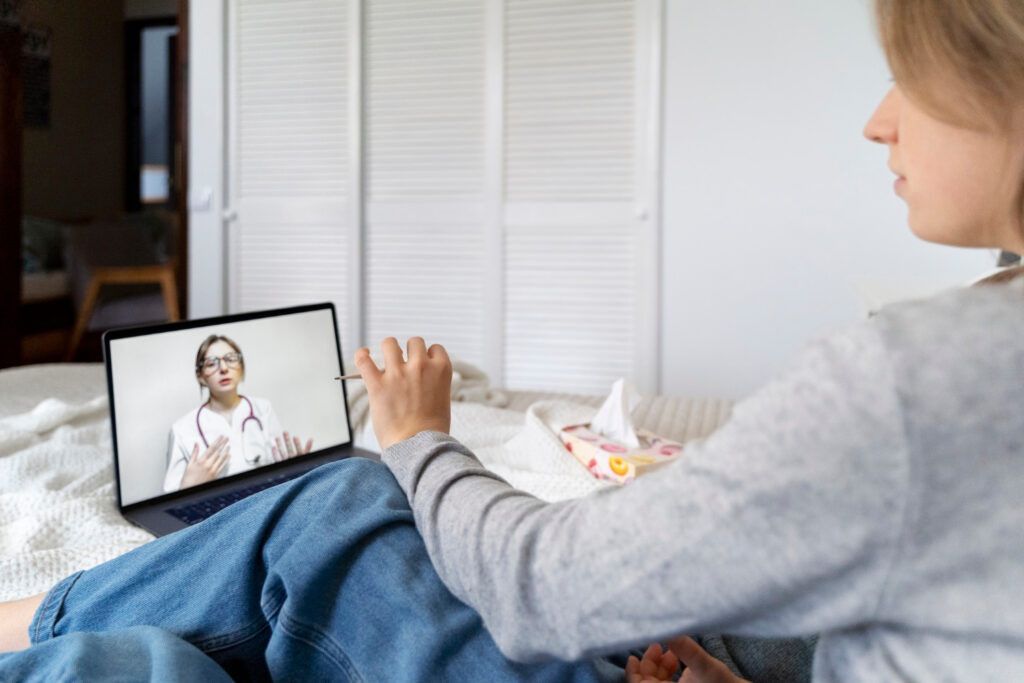In recent years, telepsychiatry has emerged as a valuable tool in addressing mental health care disparities, particularly in regions like Houston, Texas. The fourth most populous city in the United States, Houston faces challenges in providing mental health services to its diverse population, which includes a significant number of underserved communities. Telepsychiatry offers a solution by leveraging technology to connect patients with mental health providers remotely, breaking down barriers to access and improving the overall quality of care.
One of the key benefits of telepsychiatry is its ability to reach individuals in rural or remote areas where mental health services are limited. In Texas, where large rural areas are underserved by mental health professionals, telepsychiatry provides a lifeline to those who would otherwise struggle to access care. By using video conferencing technology, psychiatrists can conduct evaluations, provide therapy, and prescribe medication without the need for patients to travel long distances.
Another advantage of telepsychiatry is its ability to increase access to care for vulnerable populations, including low-income individuals and communities of color. In Houston, where disparities in mental health care access persist, telepsychiatry can help bridge the gap by providing virtual consultations that are more convenient and less stigmatizing than traditional in-person visits. This can lead to earlier intervention and better outcomes for patients.
Furthermore, telepsychiatry has the potential to improve continuity of care for patients. By allowing for more frequent check-ins and follow-up appointments, telepsychiatry can help ensure that patients receive the ongoing support they need to manage their mental health conditions. This is particularly important in a city like Houston, where factors such as traffic congestion and long wait times for appointments can make it difficult for patients to adhere to treatment plans.
Despite its many benefits, telepsychiatry also faces challenges, particularly around reimbursement and licensing regulations. In Texas, for example, there are restrictions on the practice of telemedicine across state lines, which can limit the pool of available providers for patients in need. Additionally, reimbursement rates for telepsychiatry services are often lower than those for in-person visits, which can make it financially challenging for providers to offer these services.
To address these challenges, stakeholders in Houston are working to increase awareness of telepsychiatry and advocate for policy changes that support its widespread adoption. Organizations like the Texas Society of Psychiatric Physicians are actively engaged in efforts to expand telepsychiatry services in the state, advocating for policies that remove barriers to access and ensure fair reimbursement for providers.
In conclusion, telepsychiatry has the potential to revolutionize mental health care delivery in Houston, Texas, and beyond. By leveraging technology to connect patients with providers, telepsychiatry can improve access to care, reduce disparities, and ultimately, improve outcomes for individuals living with mental health conditions. As the field continues to evolve, it is crucial that policymakers, providers, and advocates work together to support its growth and ensure that all individuals have access to the mental health care they need and deserve.






